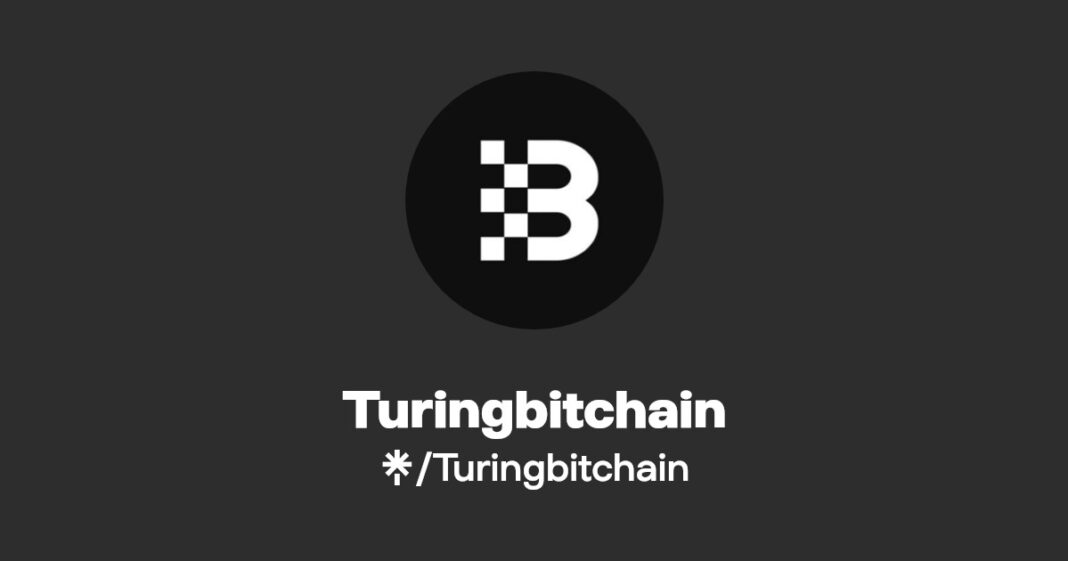Market Pulse
October 2025 marks a potentially pivotal moment for the global cryptocurrency landscape, as reports from Nikkei suggest Japan is actively considering allowing its banking groups to offer cryptocurrency trading services. This strategic legislative deliberation signals a significant shift in how traditional financial institutions (TradFi) interact with digital assets, potentially paving the way for unprecedented institutional and retail adoption within a major G7 economy. The move could reshape not only Japan’s financial sector but also influence regulatory approaches worldwide, ushering in a new era of crypto integration.
A Pivotal Policy Shift in Asia
The Nikkei report, released on October 21, 2025, sent ripples through both the crypto and traditional finance sectors. For years, Japan has maintained a cautiously progressive stance on cryptocurrencies, being one of the first nations to establish a licensing framework for crypto exchanges following the Mt. Gox incident. This latest proposal, however, goes a step further, aiming to integrate digital asset trading directly into the services offered by established banking giants. This isn’t merely about allowing banks to invest, but to actively facilitate trading for their extensive client bases, reflecting a maturing regulatory perspective and a recognition of crypto’s enduring presence.
Unlocking Institutional Capital and Retail Access
Should this policy come to fruition, the implications for capital inflow and market legitimacy would be immense. Japanese banking groups command vast pools of capital and a loyal customer base, whose entry into the crypto market could inject significant liquidity and stability. For institutional investors, this move would provide a familiar, regulated gateway to digital assets, bypassing some of the perceived risks associated with less regulated platforms. For retail investors, access through their trusted banks would offer a sense of security and ease, potentially bringing millions of new participants into the crypto ecosystem.
- Increased Trust and Security: Trading through established banks offers a familiar and regulated environment, alleviating common investor concerns.
- Enhanced Liquidity: The sheer volume of capital from banking clients could significantly boost market liquidity for various digital assets.
- New Financial Products: Banks may develop novel crypto-backed products, further bridging TradFi and DeFi.
- Mainstream Adoption: Integrating crypto into traditional banking services is a powerful step towards widespread societal acceptance and usage.
Navigating the Regulatory Landscape
While the prospect is exciting, the implementation will undoubtedly involve navigating complex regulatory challenges. Japan’s Financial Services Agency (FSA) would be tasked with crafting robust oversight mechanisms to ensure consumer protection, prevent illicit activities like money laundering (AML) and terrorist financing (CTF), and manage the inherent volatility risks of digital assets. This move by Japan could set a precedent for other nations, particularly those grappling with how to safely and effectively integrate crypto into their financial systems without stifling innovation. Balancing strict compliance with market access will be crucial for the success of this initiative.
Impact on the Global Crypto Market
Japan’s decision to potentially welcome banking groups into crypto trading could trigger a domino effect globally. Other nations, witnessing the successful integration and benefits in Japan, might accelerate their own regulatory frameworks to allow similar participation from their banking sectors. This could lead to a significant global shift, where cryptocurrencies are no longer seen as fringe assets but as legitimate, integral components of the broader financial market. The move reinforces the growing narrative that institutional adoption is not just coming, but is now a concrete reality shaping the future of finance.
Conclusion
The potential for Japan’s banking groups to offer cryptocurrency trading services marks a monumental step in the evolution of digital assets. It symbolizes a growing global acceptance of crypto, driven by a pragmatic and forward-thinking regulatory approach. As October 2025 progresses, the financial world will be closely watching Japan, anticipating how this transformative policy might unfold and ultimately reshape the relationship between traditional finance and the burgeoning crypto economy, paving the way for broader integration and innovation.
Pros (Bullish Points)
- Significantly boosts crypto's legitimacy and fosters broader mainstream adoption.
- Unlocks massive institutional and retail capital, increasing market liquidity and stability.
- Provides a regulated and secure gateway for investors, potentially reducing fraud and risks.
- Could spur innovation in crypto-related financial products within a traditional framework.
Cons (Bearish Points)
- Increased regulatory scrutiny could slow down innovation or impose stringent, costly compliance burdens.
- Potential for traditional financial system issues (e.g., systemic risk) to spill over into the crypto market.
- Could lead to a more centralized crypto ecosystem as power consolidates within major banks.
- Banks' conservative approach might limit the range of available digital assets or advanced crypto functionalities.
Frequently Asked Questions
What does Japan's potential policy shift entail for crypto?
Japan's government is considering allowing banking groups to offer crypto trading services directly, potentially integrating digital assets into mainstream financial offerings and providing a regulated gateway for investors.
How will this impact institutional involvement in crypto?
This move could unlock significant institutional capital, as banks gain regulatory approval to facilitate crypto investments for their vast client bases, boosting market legitimacy and liquidity.
What are the regulatory implications of this change?
It signals a progressive regulatory stance from a major G7 nation, requiring robust frameworks for consumer protection, anti-money laundering (AML), and operational security, setting a crucial precedent for other countries.



